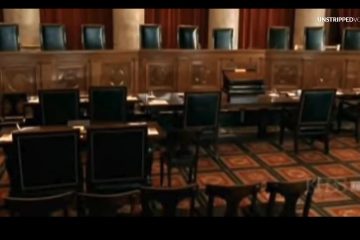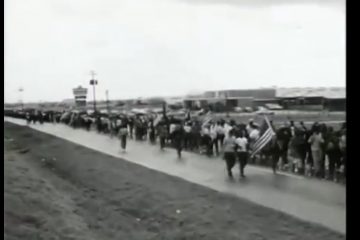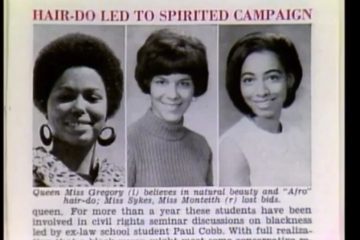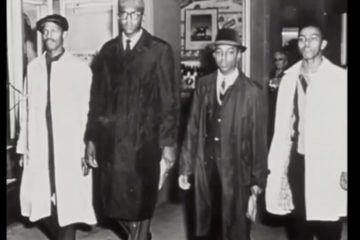How Civil Disobedience Helps Overcome Oppression: Part 9
“Interstate Bus Travel Becomes Desegregated”
After surviving a knife attack in late 1958 at a book signing in Harlem, Dr. King moved back to his hometown in Atlanta in 1959.
In May 1960, King was stopped by police for “driving without a local license,” although his Alabama license was still valid. He paid the fine, but was unaware that his lawyer agreed to a plea deal that included probation.
A few months later in Oct 1960, Dr. King joined the Atlanta sit-ins, knowing his involvement would bring national attention to civil rights issues, especially during the 1960 Election between Richard Nixon and John F. Kennedy.
King knew he would be arrested during the sit-in, but didn’t know he would violate probation (because he didn’t know he had it). So it was a shock to him that on Oct 25, he was sentenced to four months of hard labor in Maximum security state prison.
After heavy criticism and pressure, it was expected Richard Nixon (who was closer to Dr. King at the time) would intervene. Nixon didn’t, but Kennedy did. So when King was released, Black ministers openly supported Kennedy (a Democrat) and Kennedy became president w/ a margin less than 130,000 votes.
With JFK now president, it was assumed he could fix civil rights issues. But with the backbone of the party in the racist South (and a Cold War between the U.S. and Soviets brewing), Kennedy remained silent. That’s when James Farmer and CORE (Congress of Racial Equality) decided to act.
You see, back in Nov 1955 — a few days before Rosa Parks’ bus boycott, the Interstate Commerce Commission (ICC) denounced segregated interstate bus travel in a ruling. But the ICC didn’t enforce their own ruling.
So James Farmer wanted to change this by sending integrated Greyhound buses throughout the South, then depend on the racists’ actions to bring national attention and force Kennedy to make the ICC enforce their ruling. The rides would start in May 1961, start in Washington DC, and end in New Orleans.
The plan ultimately worked, and Kennedy forced ICC to enforce its desegregation rule. But not before a few incidents happened that nearly caused CIVIL WAR in several cities in the south (too many to post here).
View Part 10 here.
View Part 8 here.
—
**About this series:
We’re showing a multi-part series on how CIVIL DISOBEDIENCE has been the main catalyst that has overcome oppression in the U.S.













